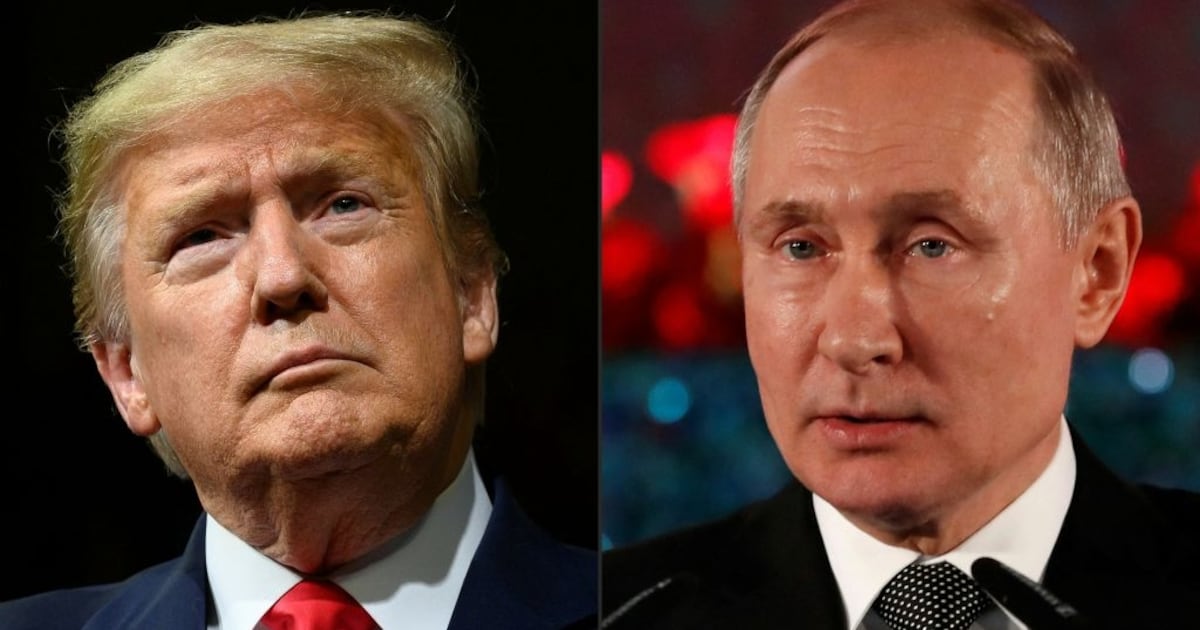Donald Trump is trying to claim presidential immunity to escape charges in yet another criminal trial, with his attorneys filing a motion Monday asking a judge in Atlanta to toss out the former president’s case on that basis.
Trump was indicted in Georgia last year on 13 charges. Prosecutors alleged he tried to flip the outcome of the 2020 election there while participating in a “criminal enterprise.”
Trump’s now arguing, however, that his position as president during the alleged crimes should disqualify him from prosecution.
That argument is nothing new for Trump, who has made similar claims in the federal election subversion trial he faces in Washington, D.C. U.S. District Court Judge Tanya Chutkan already rejected Trump’s immunity claims last year, but his attorneys have appealed.
A federal appeals court is hearing arguments on Trump’s immunity claims this week—an issue that’s expected to make its way to the U.S. Supreme Court regardless of how the three-judge panel rules.
Trump’s motion in Georgia will force Fulton County Judge Scott McAfee to make a decision that weighs the historic constitutional question of presidential immunity as it simultaneously is argued and ruled on in federal courts.
McAfee appears to have foreseen the possibility of Trump making the claim in his Georgia case. Last month, McAfee urged the U.S. Supreme Court to accept the federal immunity issue—stemming from the D.C. case—before it was ever argued in an appeals court. This unprecedented request, made by the Special Prosecutor Jack Smith, was so the courts could reach an expedited decision that’d prevent Trump’s trial start date from being delayed.
The Supreme Court ruled against Smith’s request, potentially delaying Trump’s D.C. trial, which is slated for March. Trump’s Georgia trial, scheduled to begin in August, now faces the same possibility of being delayed as McAfee’s decision will likely be appealed, regardless of how he rules.






